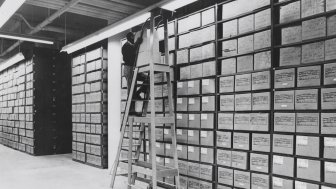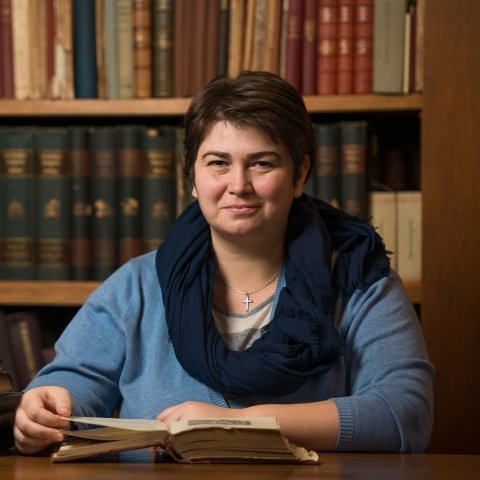Anca Maria Șincan
Former Short-term Scholar
Professional Affiliation
Researcher, Gheorghe Sincai Institute of the Romanian Academy
Expert Bio
Dr. Anca Șincan a researcher at the Gheorghe Sincai Institute of the Romanian Academy, defended a doctoral dissertation at Central European University in Budapest with a thesis on the relationship between state and church in communist Romania. She had fellowships at the University of Padova, Oxford University, Leibniz Institute for European History in Mainz, and New Europe College, Bucharest. She was visiting lecturer at Petru Maior University (Romania) where she taught classes on Religion in International Relations and Theory and Methods in Contemporary History Research, guest lecturer at Central European University, Hungary (2014) teaching on the Orthodox Church and the modern state in Eastern Europe. Her research interests revolve around recent comparative history of East Central Europe, religious studies/ church history. She is currently co-editing an issue of East Central Europe with Ioana Macrea Toma on In-betweeners, "collaborators" with the Secret police.
Wilson Center Project
The Survival of the Interwar Intellectual His Impact in the Construction of the New State and Church Relationship in the First Decade of the Communist Regime in Romania
Project Summary
The research is looking into the activity of the Romanian Ministry for Religious Denominations and that of the specialists trained in the interwar, insiders in the life of the Church, that were preserved inside the Ministry after the installation of the communist regime and were part of designing and implementing the state policy over the religious life. These specialists adapted the design of the new relationship between state and church negotiating and justifying an associationist model of state church relationship. The project looks into how orthodox was the communist administration in its negotiations with the religious denominations over the design/ re-design and implementation of the state church relationship. It will also look into whether the members of the communist administration that dealt with the religious communities followed the regulations and policies set by the central administration or exercised individual authority over this relationship.
Major Publications
- 1. “From Bottom to the Top and Back: On How to Build a Church in Communist Romania,” in Bruce R. Berglund, Brian Porter-Szűcs eds., Christianity and Modernity in Eastern Europe, Budapest: Central University Press, 2013, pp. 208-235
- 2. “Romania the exceptional case? Mechanisms of state control over the religious denominations, in the late 1940s and early 1950s” in The Sovietization of Eastern Europe: New Perspectives on the Postwar Period. Eds.: Balazs Apor, Peter Apor and Arfon Rees. Washington, DC: New Academia Publishers, 2008, pp. 201-212.
- 3. “Continuing the historiographical battle – Orthodox and Greek Catholic re-writing their history in post communism”, in Revista Istorica, nr 3-4/ 2012
Insight & Analysis by Anca Maria Șincan
Filter
- Blog post
- Archives
Silencing the Archive


